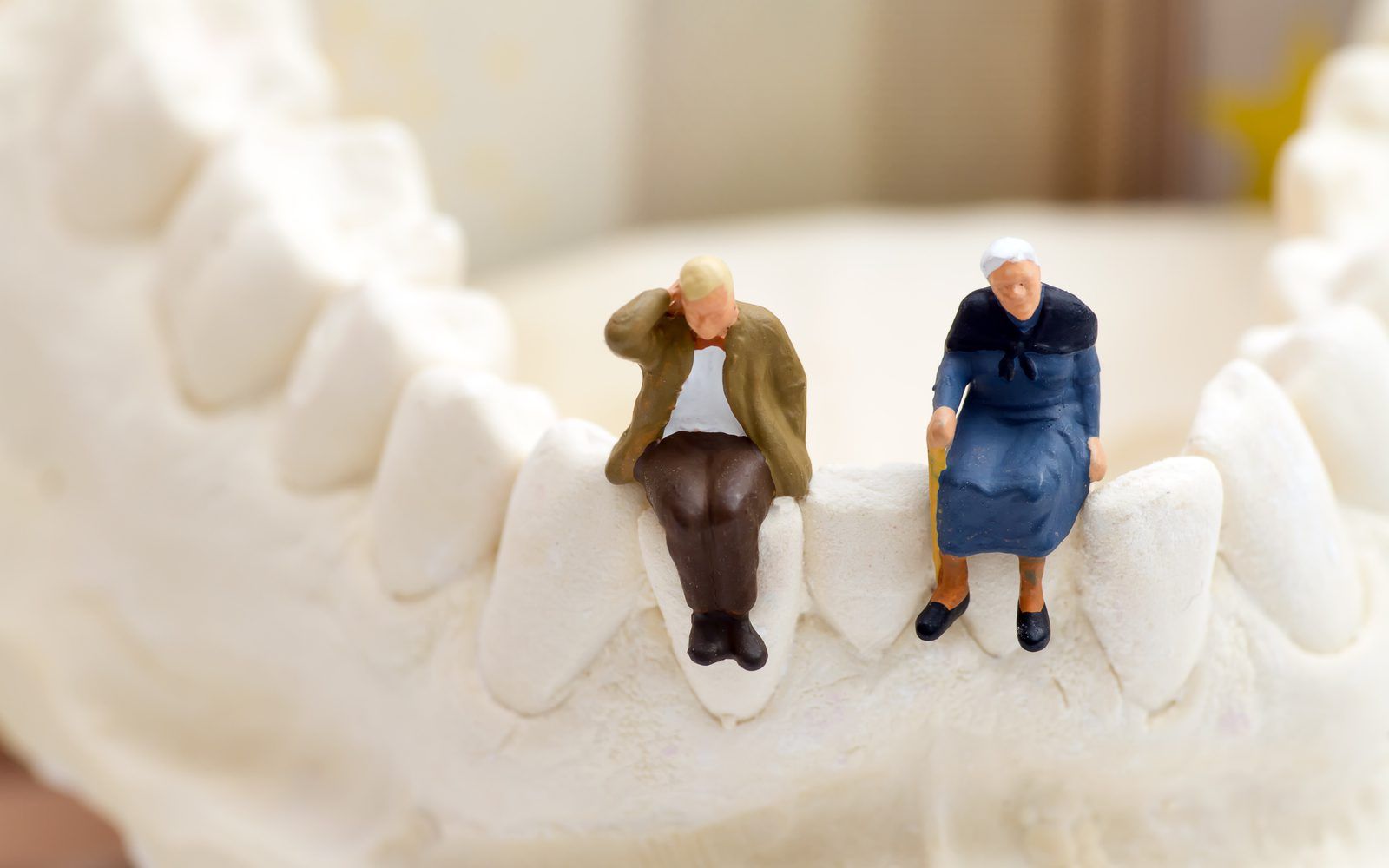Alzheimer’s Disease and Its Impact on Oral Health

Those with Alzheimer’s disease need all the care they can get, and it is especially important for dentists to focus on patients suffering from this condition to give them the best care possible. When caring for patients with Alzheimer’s disease, it means understanding their struggles and working with them and their loved ones to give them good oral health. However, Alzheimer’s disease often contributes to a higher rate of dental problems. Oral health tends to decline with the progression of this disease, and because of this correlation, it’s essential to bring awareness to everyone about this disease and its effects. But why does oral health decline with the progression of this disease?
We’re here to explore research revolving around this topic, help further understand the correlation between poor oral health and Alzheimer’s disease, and how people can help their loved ones with this condition give them better opportunities for dental care.
Why Does Alzheimer’s Impact Oral Health?
These two factors often correlate with one another because studies have shown that with the development of either condition, the other comes along right after. Studies from Harvard University show that the development of gingivitis can lead to an increased risk of Alzheimer’s disease, as researchers have concluded that the bacteria strain Porphyromonas gingivalis found throughout the gums spreads to the brain and destroys nerve cells controlling memory. Combined with the effects of aging, the inability to absorb nutrients such as calcium and vitamin D, and the decline of health overall, the risk of Alzheimer’s increases.
On the other hand, when Alzheimer’s disease is present, it impacts memory to the point where basic tasks, such as brushing and flossing, are easily forgotten. Combined with the effects of already presiding oral health problems such as cavities and gum disease, Alzheimer’s disease increases the risk of those diseases persisting and getting worse over time. When occurring at a regular pace, oral care declines over time and creates a worse situation for the patient unless treatment is made.
Helping Your Loved One With Alzheimer’s Through Dental Care
Visiting the dentist early, especially if recently diagnosed with Alzheimer’s, can be the best way to protect your teeth and gums. Your dentist will be able to work with you to create long-term treatment plans with you and your loved ones and help schedule appointments ahead of time. During this time, loved ones with Alzheimer’s should be given attention, time, and care when it comes to their oral health. Ways you can help your loved ones who have Alzheimer’s with their oral health include:
- Provide simple to follow instructions for brushing and flossing their teeth. This will help them remember or attempt to remember basic tasks.
- If needed, brush and floss their teeth as part of their care.
- If they need assistance, brush and floss your teeth alongside them to provide them with a sense of companionship.
- Find a trustworthy dentist that specializes in working with older generations to help them out with their oral care needs.
To learn more, schedule an appointment and speak with your dentist and give them the best care possible!
